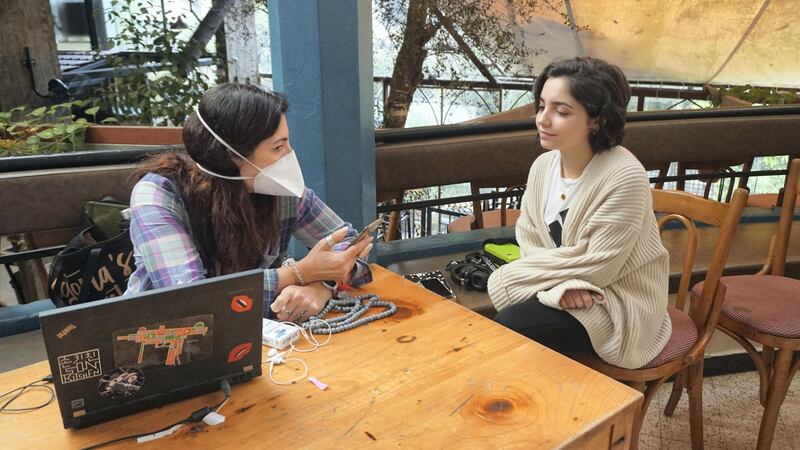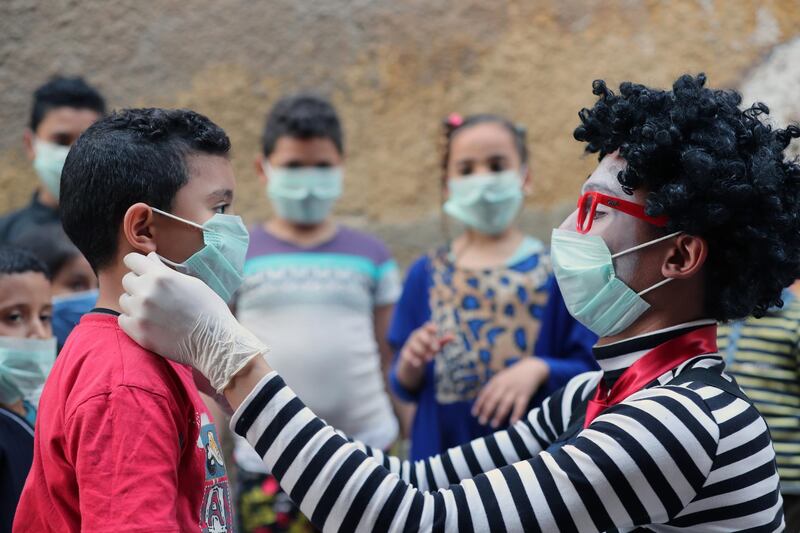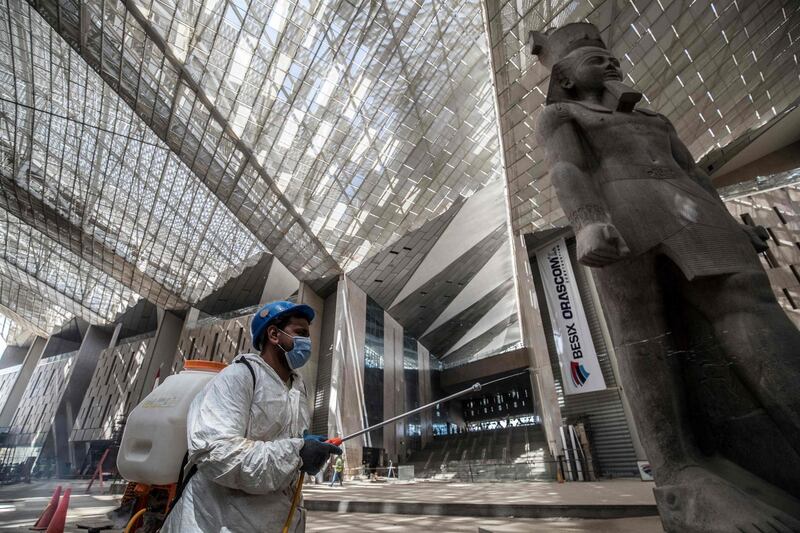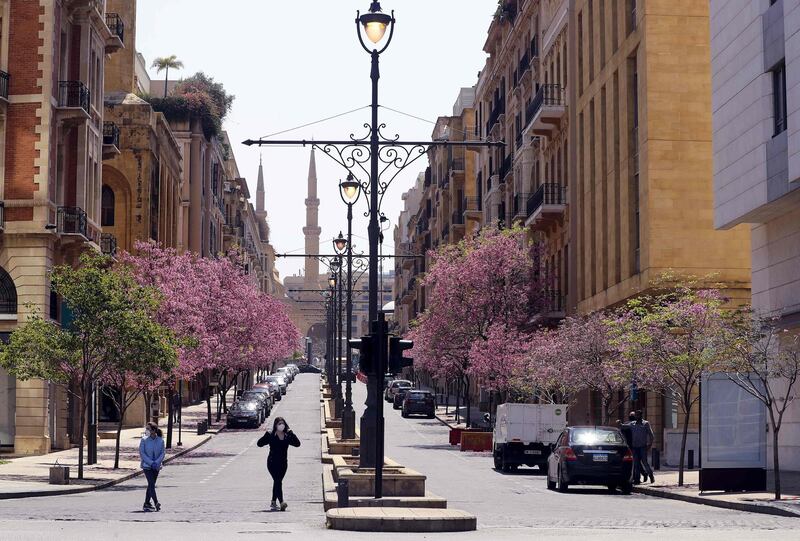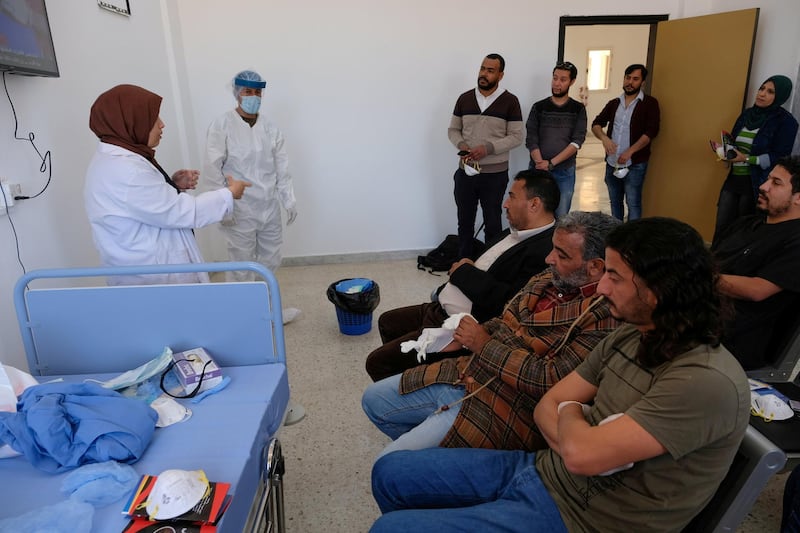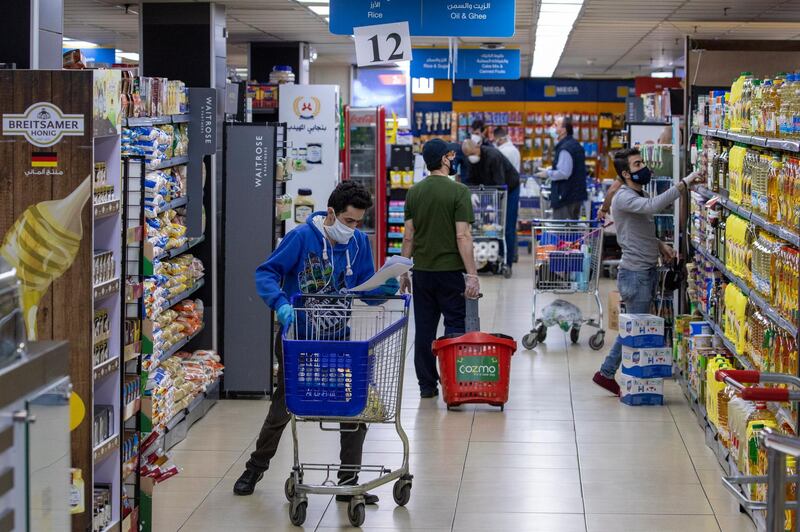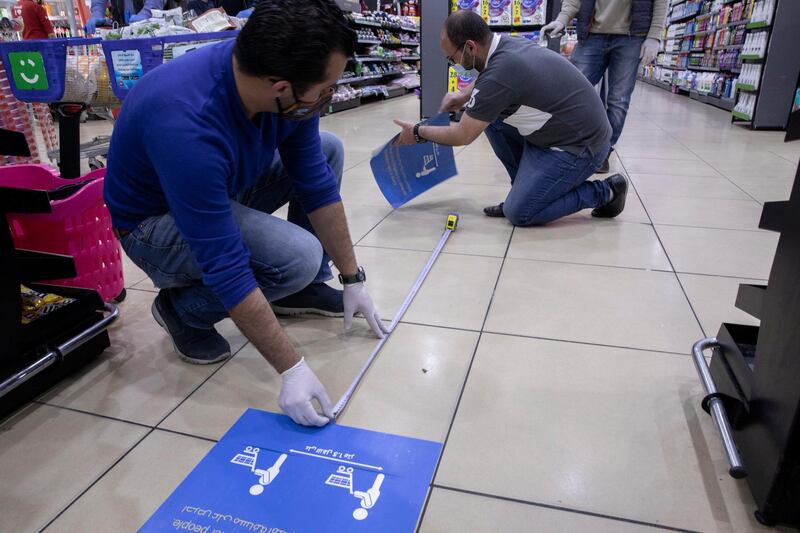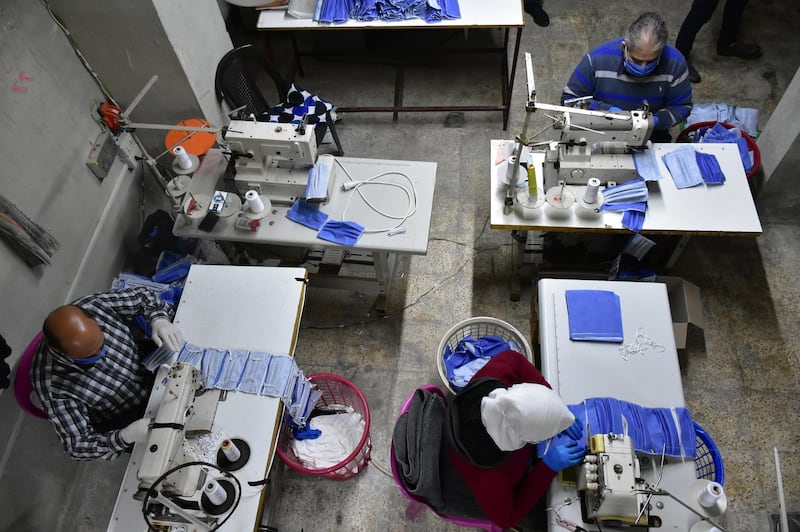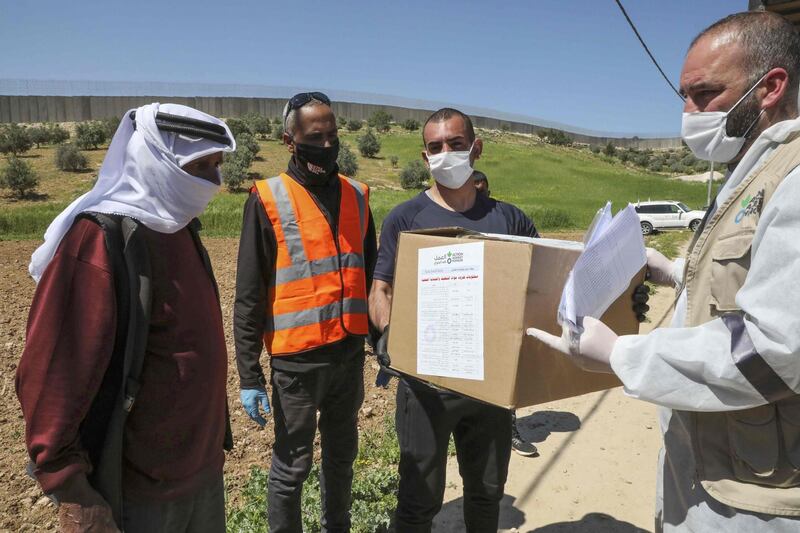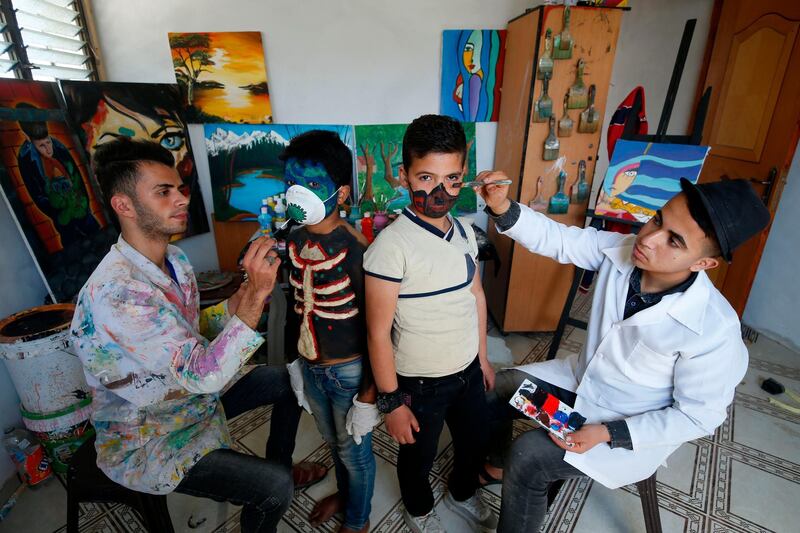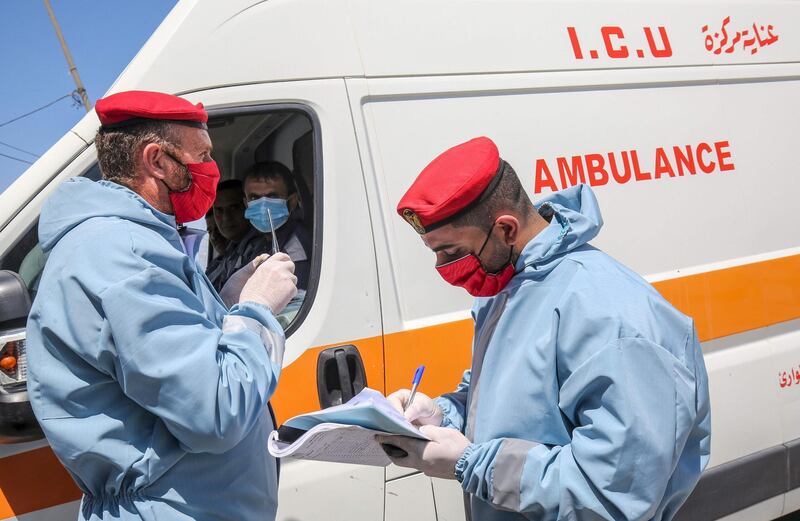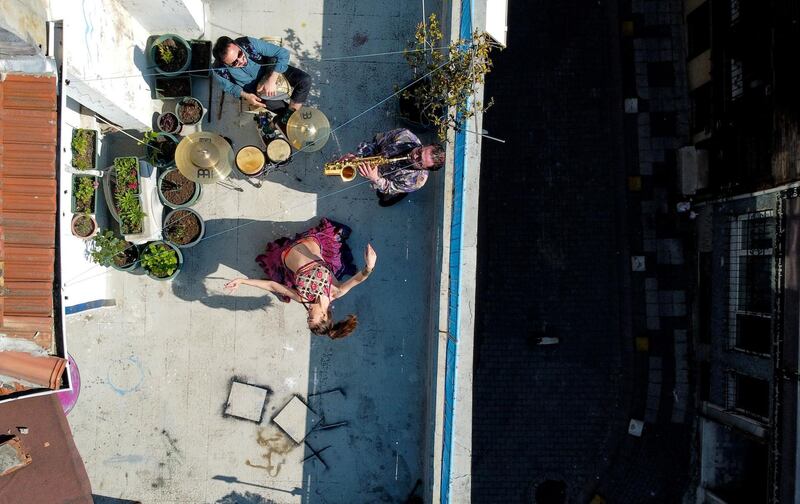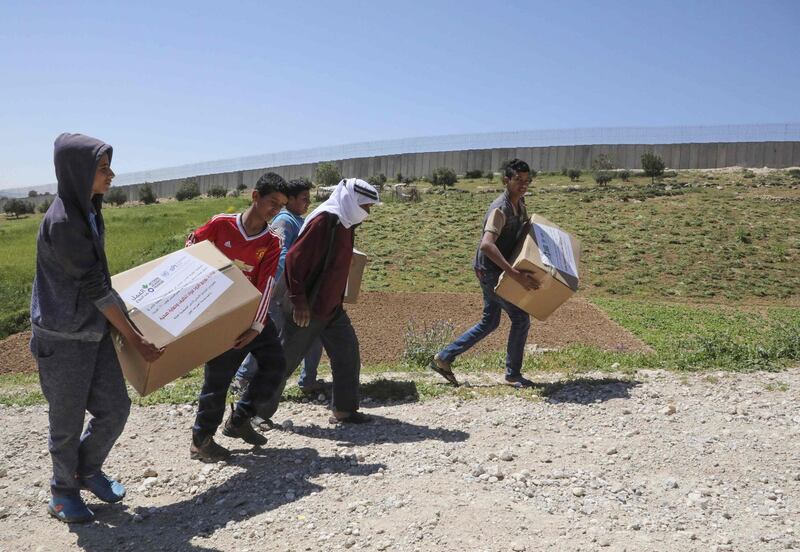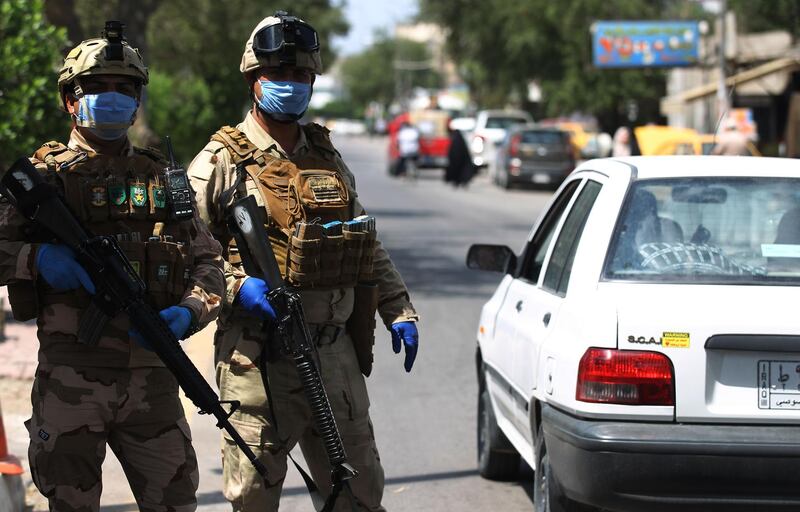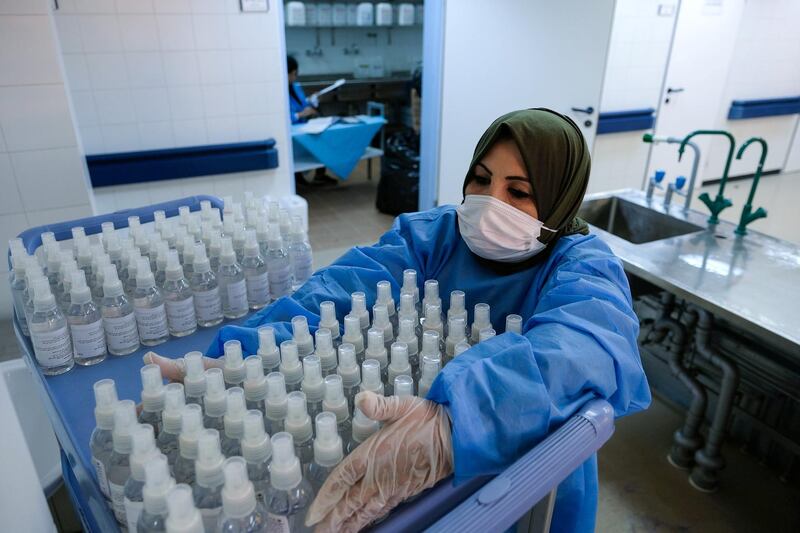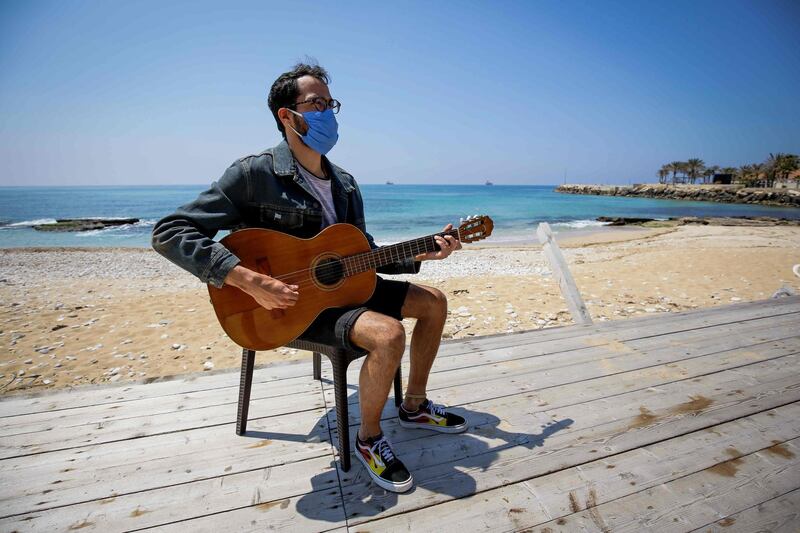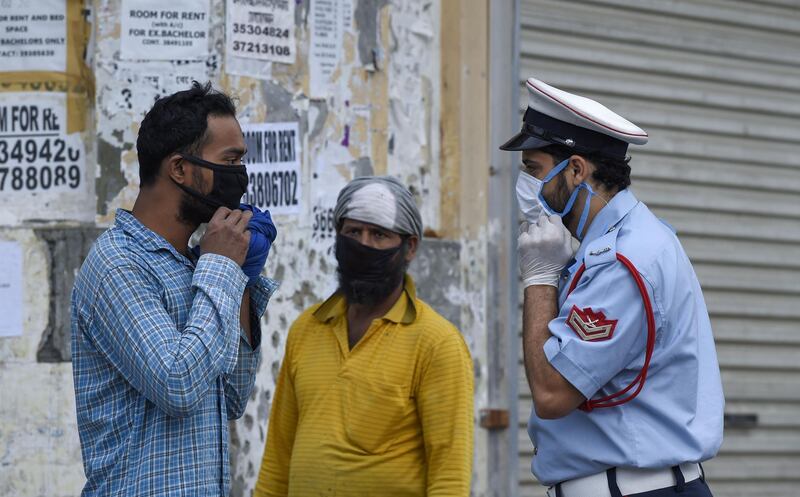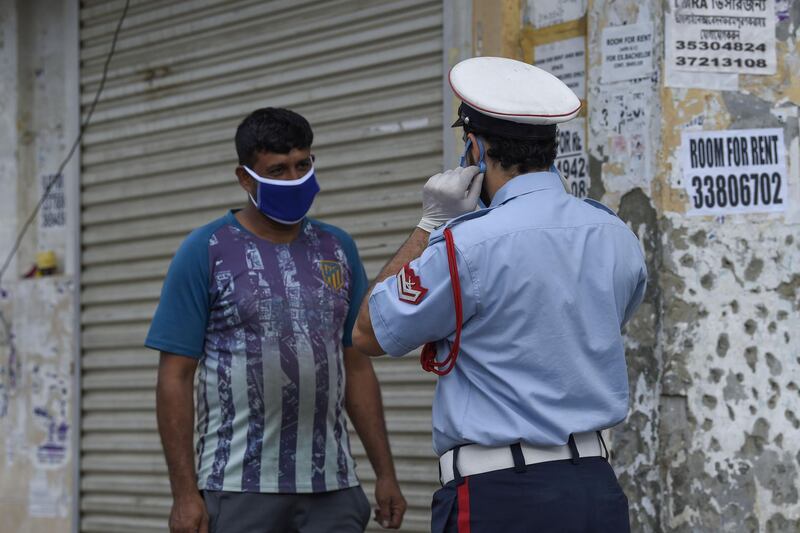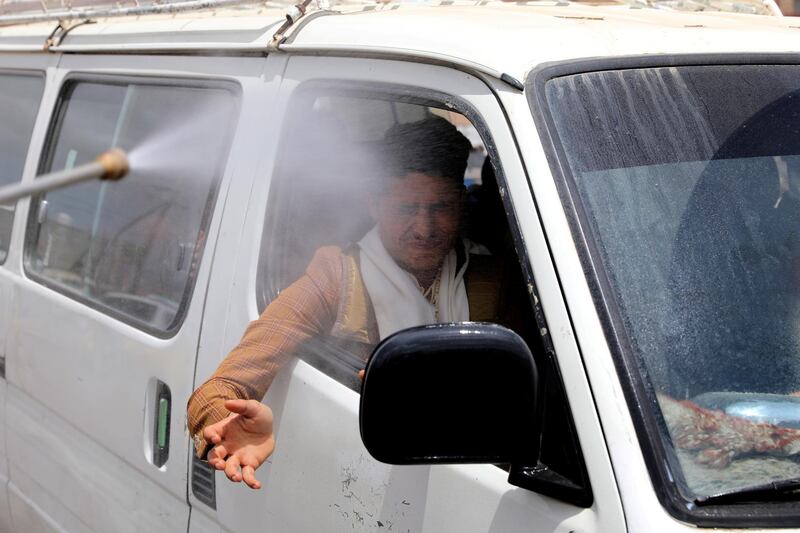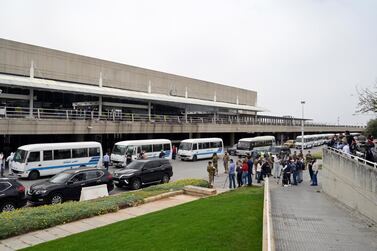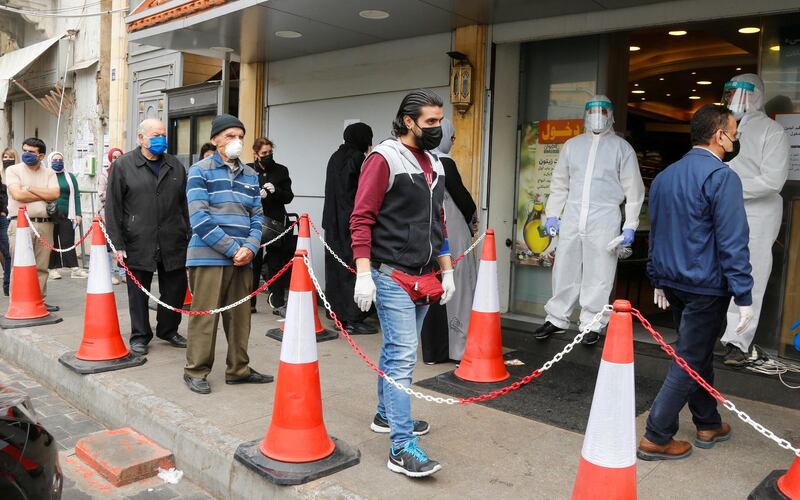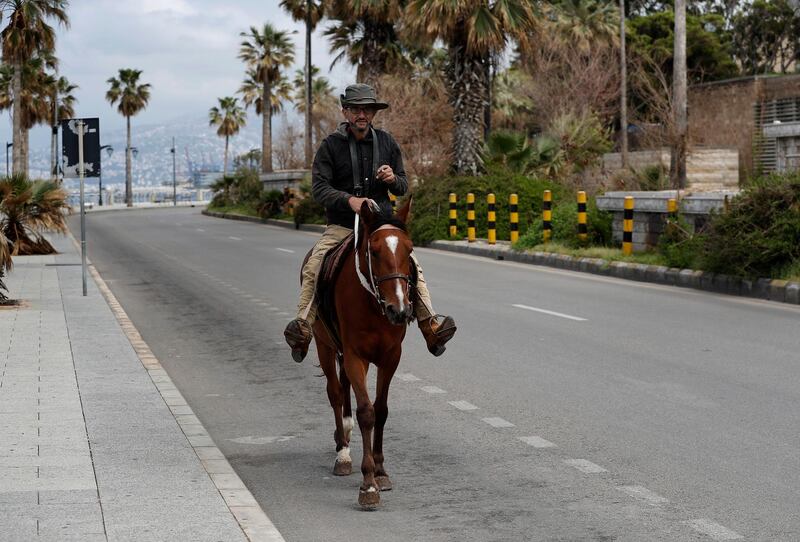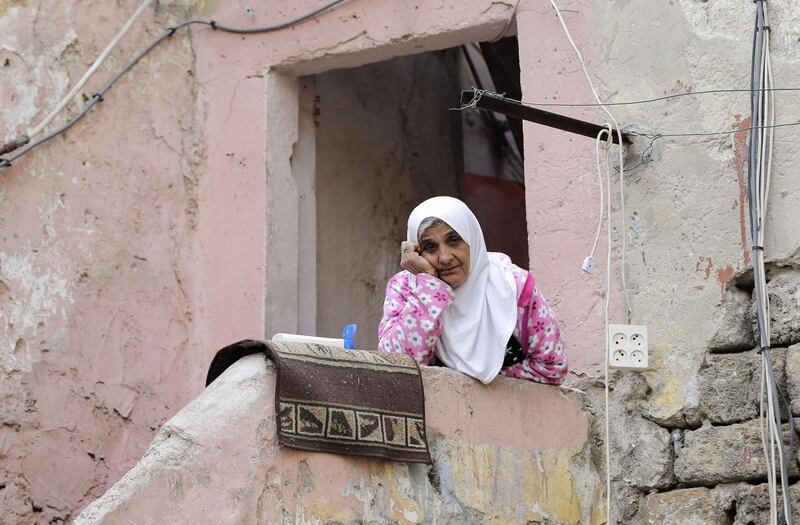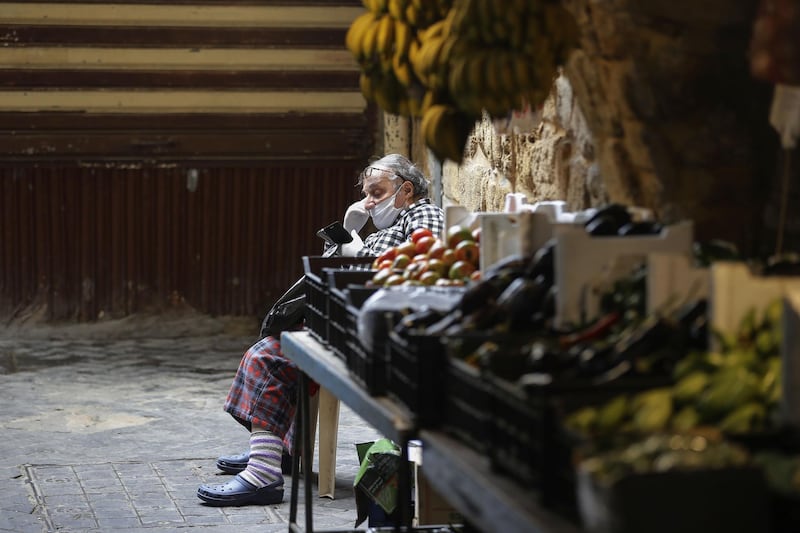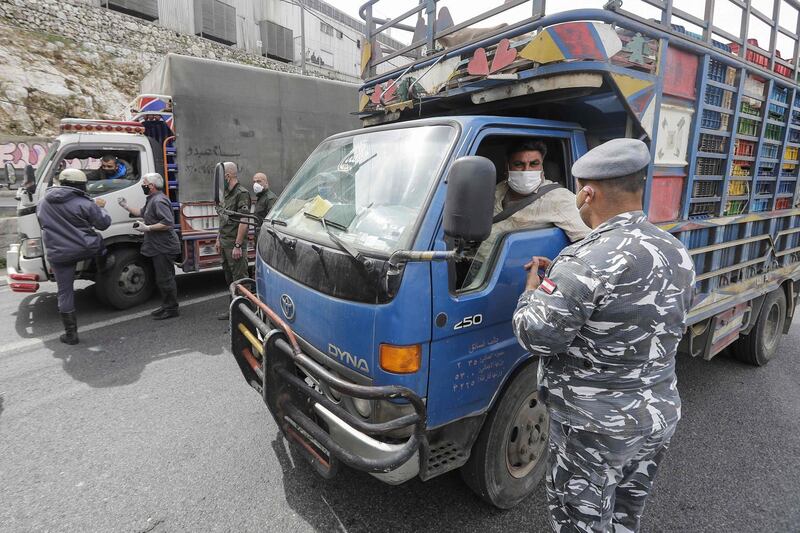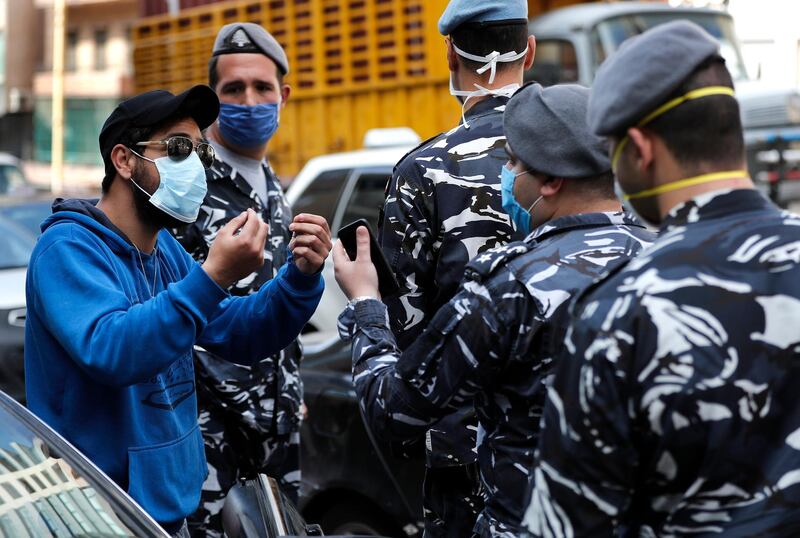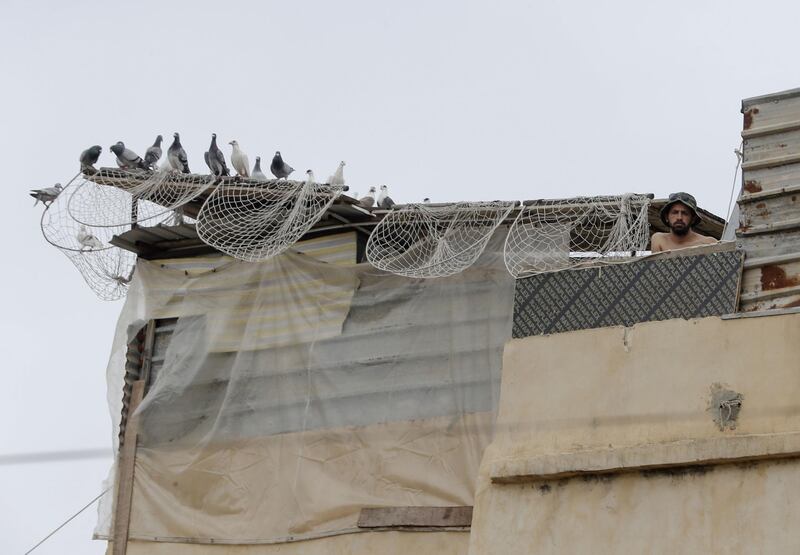More than 200 Lebanese healthcare workers on the frontlines of the national fight against Covid-19 have been offered free places to stay in Beirut so they can self-isolate away from family when off shift.
A group of activists have found spaces for medics in unoccupied hotels and in empty apartments to bring much-needed peace of mind.
“I didn’t feel safe going home,” said Maya Tabbara, 23, a nurse working in the intensive care unit dedicated to Covid-19 patients at Beirut’s Greek-Orthodox hospital. “I would panic – ‘Did I wear the mask right? Did I remove the gloves right?’ It’s nerve-racking to go home and think about the safety of your family.”
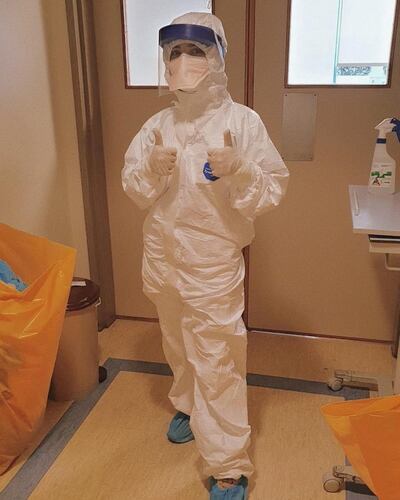
Ms Tabbara has been sharing a room with three other nurses from her intensive care unit at a hostel close to her hospital since April 3, five days after she started treating Covid-19 patients.
In Lebanon, the virus has infected 632 people and killed 20, none of them health workers.
The accommodation is paid for with funds raised by a group of young Lebanese activists who until the virus saw the country go into lockdown were involved in the mass street demonstrations against the government.
Since October, tens of thousands have been protesting years of ineffectual leadership, corruption, poor services and lack of jobs.
Since the pandemic hit the country already reeling from the worst economic crisis in decades, activists have shifted their focus to social work.
In late March, they launched “Baytna Baytak”, or “Our home is your home,” in Arabic, to raise funds from private donors to pay for accommodation for health professionals away from their families and close to their hospitals.
Up to now, the group of activists has raised a little more than 15 million Lebanese pounds, or Dh36,542 at the official exchange rate, which has slipped by about 70 per cent on the black market in the past six months.
Elie Saliba, an orthopaedic surgeon who was also active in anti-government protests, said Baytna Baytak was born after he realised one of his colleagues was sleeping at the hospital instead of going home because he was worried about passing the highly contagious virus to his elderly parents.
Dr Saliba found an empty apartment where his colleague could stay for free and asked around to see if others were interested. “Within 10 days, we were hosting 100 people,” he said.
In some cases, Baytna Baytak pays landlords or hotels a reduced monthly fee that covers the cost of electricity and water. But others have offered rooms free of charge.
“It’s a matter of solidarity,” said Roger Edde, the owner of Edde Sands, a luxurious hotel and wellness resort north of Beirut that opened its doors to medical staff on March 25.
“We have not given a limit to how long doctors can stay. As long as they are on the frontline in this battle, we are with them,” Mr Edde said.
Though hotels were not ordered to shut after Lebanon went in lockdown on March 15, most of them were already mostly empty as tourist numbers plummeted after protests started last year. Lebanon closed its airport on March 18.
Those involved say the response to Baytna Baytak has been overwhelmingly positive, but the activists behind the initiative sometimes face difficulties in finding new places where people can stay.
“It’s becoming a bit hard because some people are afraid of hosting doctors, although they are not [Covid-19] positive,” Dr Saliba said. Until now, 230 doctors and nurses have been housed, but 180 more are on a waiting list.
Like most beneficiaries of the programme, Ms Tabbara heard of Baytna Baytak on social media and was herself part of the hundreds of thousands who took to the streets last year to protest Lebanon’s ruling class.
That it is run by volunteers who took part in the demonstrations was important to her. “It’s an initiative that is close to my heart,” she said.
But Ms Tabbara is finding it hard to be away from her family, especially with Ramadan expected to start this week.
Muslims across the world are bracing for scaled back holy month festivities as many countries remain in lockdown and prohibit social get-togethers.
“I thought it would be wild and exciting to live with friends for the first time,” she said. “But it’s rough, especially with Ramadan coming up soon. This is usually a family gathering.”
